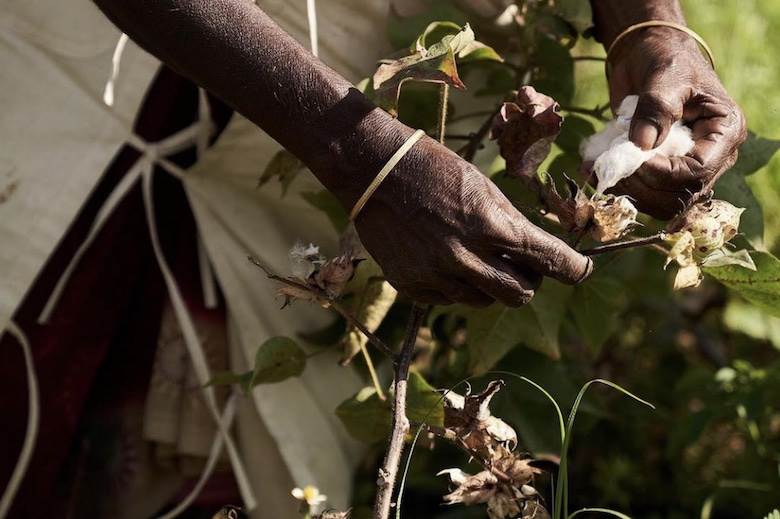Textile Exchange issues ‘fibre challenge’ updates
12/07/2022

The cotton pledge, signed by 162 companies as of December 2021, involves a promise to source all cotton from one or more of Textile Exchange’s recognised programmes and initiatives by 2025. Signatories include C&A, Nudie Jeans, Asos, Eileen Fisher, Benetton, Aldi, Gap Inc, H&M Group, Inditex, Marks and Spencer, G-Star Raw, Interloop, Reformation, Scotch & Soda, Sapphire Textile Mills, Madewell, Lindex, Mango, Kering, Stella McCartney and Levi Strauss & Co.
Meanwhile, the 132 companies who had committed to the Texas-based body’s recycled polyester initiative by the end of last year have signed up to less uniform targets, broadly ranging from incorporating 45-100% recycled polyester by 2025. Seventy-four or 56% of those signed up have committed to replacing conventional virgin polyester with recycled by that date.
Those thus far involved in journeying towards increased recycled polyester sourcing include adidas, Banana Republic, Nudie Jeans, Old Navy, Marks and Spencer, New Balance, Gap, H&M Group, G-Star Raw, Outerknown, Inditex, Hugo Boss, J.Crew, Target, Madewell, Mango, Norrøna and Mara Hoffman.
The Sustainable Cotton Challenge launched in 2017, whereas the Recycled Polyester Challenge was initiated in April 2021. According to the survey, 25% of participants reported reaching 100% “sustainable” cotton by 2020, with 72% of all cotton purchased by the “sustainable” cotton signatories stemming from an approved source – in comparison to the wider industry total of 30%.
Textile Exchange cautioned that consumption of new materials resources overall must be reduced moving forward, while “alternative fibres” require investment to ensure scalability. Industry data used to develop impact-measuring tools must be improved, the organisation added, and it called for both more signatories to its fibre challenges as well as “increasingly ambitious targets”.
Credit: Ashish Chandra.










